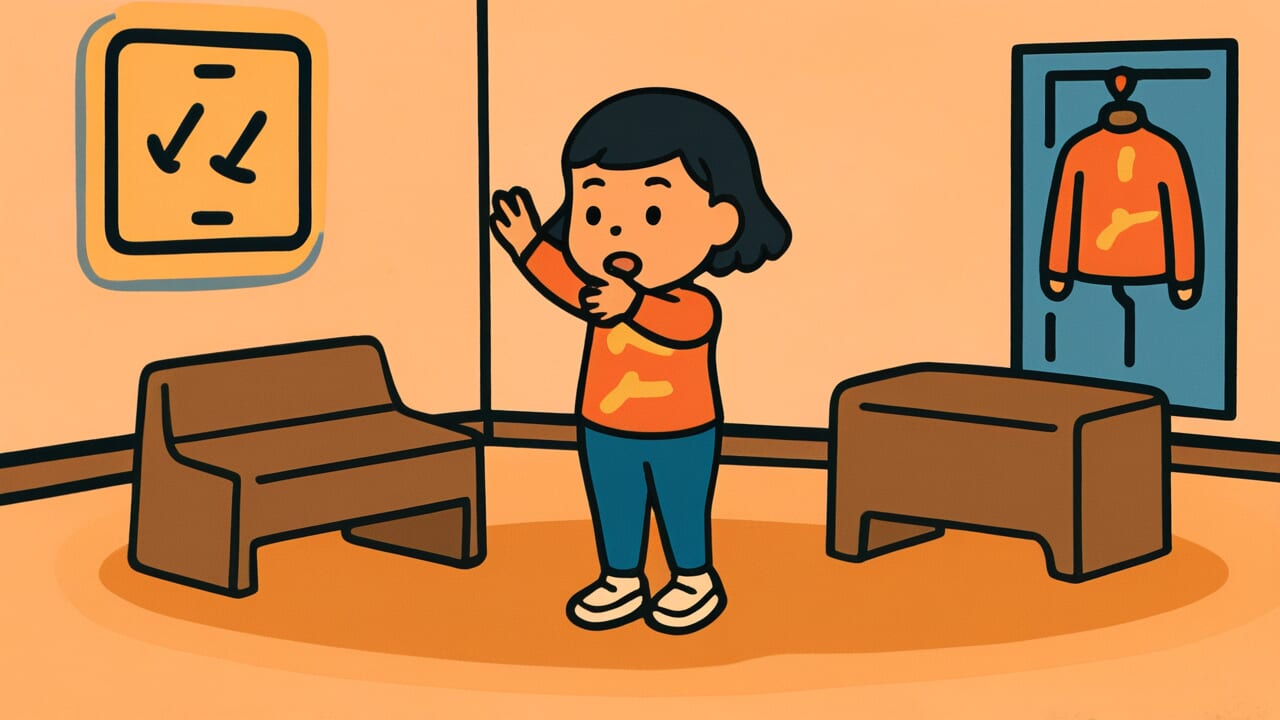How to Read “The parent’s karma visits upon the child”
Oya no inga ga ko ni mukuu
Meaning of “The parent’s karma visits upon the child”
“The parent’s karma visits upon the child” means that the consequences of a parent’s actions affect their children.
The good or bad deeds a parent commits, or the way they live their life, eventually appear in some form in their child’s life.
This proverb is mainly used when a parent’s wrongdoing or moral failings bring misfortune to their children.
For example, a child struggles because their parent ran a dishonest business. Or a parent’s debt becomes a burden for the child.
It points out the reality that consequences of actions get passed to the next generation, often without the parent realizing it.
Today, we might understand this as genetic factors or family environment influencing children.
A parent’s lifestyle habits, values, and social reputation certainly have a huge impact on their child’s life. This fact hasn’t changed from past to present.
This proverb continues to hold meaning as words that make parents aware of the weight of their responsibility.
Origin and Etymology
This proverb likely emerged as Buddhist ideas about karma took root in Japan.
“Inga” (karma) is a Buddhist term showing the relationship between cause and effect. The teaching says good actions bring good results, and bad actions bring bad results.
The use of “mukuu” (visits upon) is interesting. This word usually carries positive meanings like repaying kindness.
But in this proverb, it’s used with a heavier meaning—karmic consequences reaching the child.
This expression appears in documents from the Edo period. It shows the phrase was widely used among people of that time.
In feudal society, the family unit was extremely important. People believed a parent’s actions affected the entire family’s reputation and their descendants’ fate.
That’s why this proverb was valued as a lesson explaining the weight of parental responsibility.
There’s also likely a background of experiential observation that heredity and home environment influence children.
Even in an era without scientific knowledge, people sensed some kind of chain between parent and child.
Buddhist thought combined with everyday observation to shape this proverb.
Usage Examples
- That family shows how the parent’s karma visits upon the child—they’re still paying off the previous generation’s debts
- They say the parent’s karma visits upon the child, and it’s painful that people don’t trust me because of my father’s dishonest work
Universal Wisdom
“The parent’s karma visits upon the child” has been passed down because it captures an unavoidable truth about intergenerational chains in human society.
We all inherit something from the previous generation, whether we want to or not. This includes not just good things like wealth and talent, but also burdens like debt and karmic ties.
The deep insight of this proverb is that human actions don’t end with one generation.
We tend to think our lives belong only to ourselves. But actually, we’re part of a long chain continuing to the next generation.
Seeds planted by parents sprout in their children’s fields, for better or worse. By facing this harsh reality, our ancestors taught the weight of parental responsibility.
At the same time, this proverb is also a lament from the child’s perspective.
The unfairness of bearing the consequences of a parent’s actions you never chose. Yet this proverb also hints at human strength—accepting such fate while trying to break the chain in your own generation.
Recognizing the chain of karma becomes the first step to changing it.
Humans are bound by the past, yet have the power to change the future. Perhaps this proverb also contains such hope.
When AI Hears This
When parents experience famine, their children develop bodies that efficiently store food as fat.
This actually happened in the Netherlands. Children born to pregnant women who experienced famine during World War II had higher risks of obesity and diabetes than normal.
This was true even though they grew up in environments with sufficient food. Remarkably, the effects continued to the grandchildren’s generation.
The genetic sequence itself didn’t change. What changed was the genetic switch.
DNA has a mechanism where chemical markers called “methyl groups” attach. These switch genes on and off.
When parents experience famine, methyl groups attach to genes related to energy metabolism, setting them to energy-saving mode. This setting gets passed to the next generation through sperm and eggs.
Even more interesting is that stress and trauma are similarly transmitted.
Research examining children of Holocaust survivors found characteristic changes in genes that regulate stress hormones. The parents’ psychological wounds were inscribed as chemical marks in their children’s cells.
In other words, parents’ life experiences are inherited not just as memories or lessons, but as biological programs.
This proverb was a deep insight that science has only recently caught up to.
Lessons for Today
This proverb teaches modern people an awareness of responsibility—that our actions don’t end with ourselves.
The actions you choose today, the habits you build, and the relationships you form will somehow affect your future children and those around you.
This may feel like a heavy responsibility. But at the same time, it’s also a great hope.
If you feel you’re carrying a negative legacy from your parents, you can break that chain in your generation.
Look calmly at what you inherited from your parents. Keep the good things and let go of the bad.
Through such conscious choices, you can create a new flow.
Conversely, if you’re about to become a parent or already are one, remember that small daily choices shape the future.
You don’t need to be perfect. Just the attitude of trying to live honestly becomes the best gift to the next generation.
The chain of karma works in positive directions too. Your choices today become someone’s hope tomorrow.
Believe that, and move forward one step at a time.



Comments